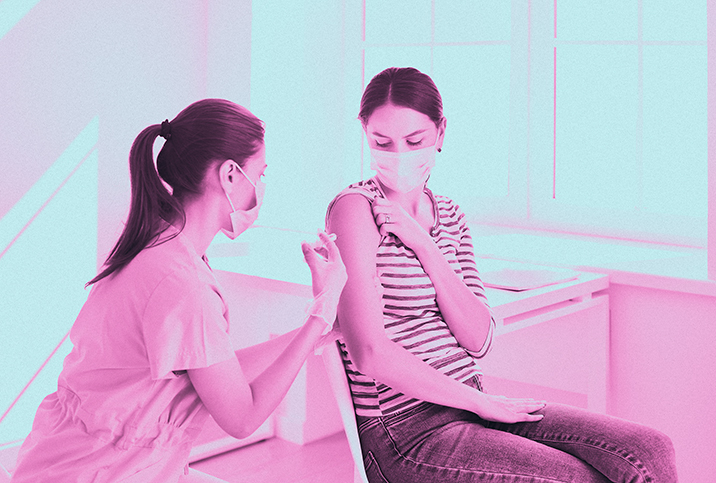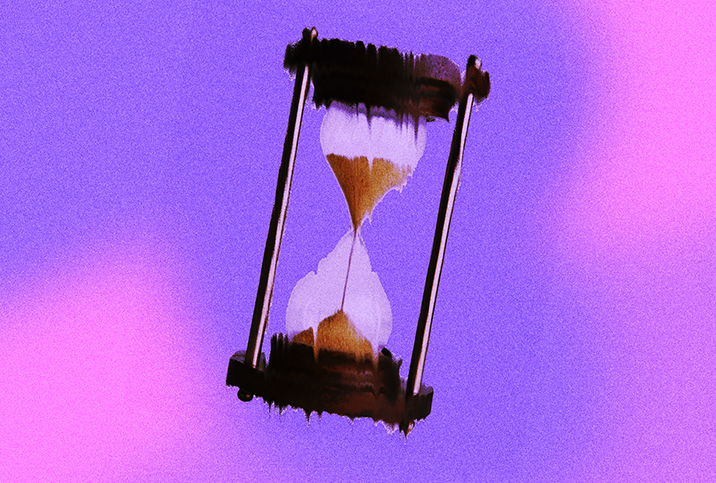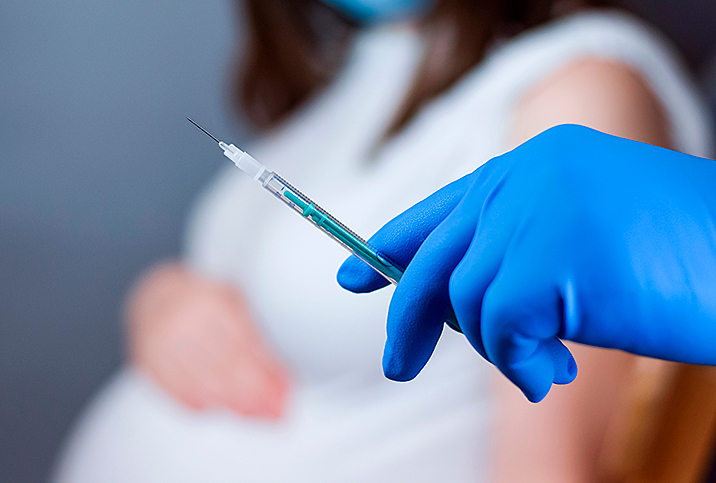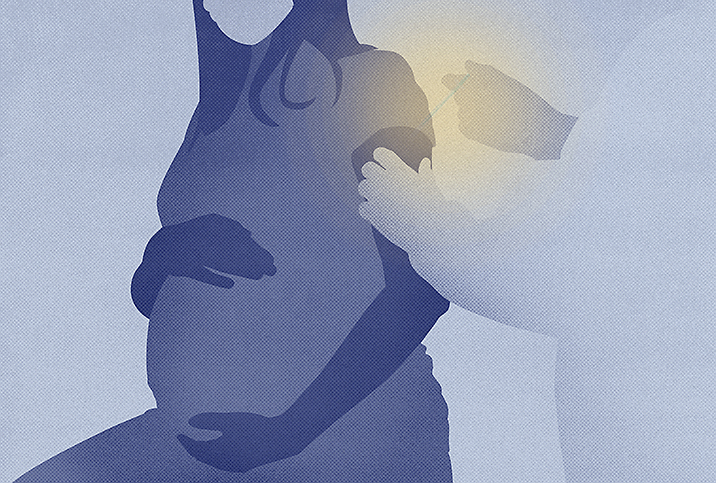Study Confirms COVID-19 Vaccine's Impact on Menstruation

Shortly after the U.S. rollout of COVID-19 vaccines in the spring of 2021, Alyssa Dweck, M.D., an OB-GYN based in New York, began hearing a common complaint from her patients.
"Women of all ages would come in concerned because their periods were different," Dweck remembered.
For some patients, this meant a heavier flow. For others, it meant a different number of days in their cycle, while still others skipped their periods altogether.
"Some patients came in having some bleeding after being menopausal," Dweck recalled. "Even people who were on meds to regulate their cycles were having changes in their flow."
Lacking data on how the vaccine affected periods, Dweck tried all manner of tests to determine the root of the menstrual changes.
"We would do a pregnancy test if that was something we were worried about," she said. "We'd do hormone testing to see if there was some sort of imbalance, we'd do ultrasounds, sometimes we did biopsies."
What the research found
Now, long after the initial vaccine rollout, new research has been published that confirms what Dweck, her patients and thousands of other menstruators had already suspected: The vaccine does have a discernible—however minor and temporary—impact on menstruation.
"It's detectable but small compared to normal variation, and it goes back to normal quite quickly," said Victoria Male, Ph.D., of Imperial College London's Department of Metabolism, Digestion and Reproduction, who was one of the researchers in the study.
A previous study from the same research team identified a link between COVID-19 vaccines and period changes in study participants in the United States. The new research expanded to include a bigger, more diverse data set from 19,622 people in Canada, the United Kingdom, the U.S., Europe and other parts of the world. Of the study participants, 14,936 had received one of nine vaccines, and 4,686 were unvaccinated.
For the study, Male and her fellow researchers pulled data from Natural Cycles, a period-tracking app that collects data on aspects like menstruation length and heaviness.
"Asking the app developers to add in, basically, one question—Can you tell us what day you've had your vaccine?—has been an enormously powerful way of working out cause and effect," Male said.
Researchers found no evidence that the minimal menstrual side effects had any effect on fertility.
The researchers' findings were "remarkably consistent," according to Male. App users who received one dose of a COVID-19 vaccine in a single menstrual cycle saw their cycle length increase an average of half a day, meaning their period came half a day late. App users who received two doses in a single cycle saw their cycle increase by an average of 3.7 days, meaning their period came three to four days late.
The vaccine also had a discernible effect on menstrual heaviness: About 4 percent of app users had a heavier period in the month after they got their vaccine.
Male said most people who experienced a difference in menstrual timing or heaviness saw their periods go back to normal the following month.
"So this is really a short-lived effect," she emphasized.
Importantly, the researchers found no evidence that the minimal menstrual side effects had any effect on fertility.
Male said it's not yet clear how the COVID-19 vaccine prompts these effects, though researchers do have some theories.
"There's some evidence that cycle length is mediated by the hormones that drive the menstrual cycle," Male said. "People who are taking combined hormonal contraception are less likely to see an increase in their cycle length than people who are spontaneously cycling, or cycling using their own hormones."
The takeaway
Ultimately, a change in cycle length of fewer than eight days is considered within the healthy range of variation. But while small menstrual fluctuations may not be significant to healthcare professionals and researchers, detectable changes in bodily functions connected to fertility may be concerning to people experiencing it and fuel misinformation and vaccine hesitancy.
"The bigger picture here is that there's been so much misinformation around vaccinations and fertility," Male said. "But I think it was really important that people saw that we were taking this seriously and not brushing it under the carpet. It's about being trustworthy as medical professionals."
Male hopes her team's findings fuel efforts to include menstrual side effects in future clinical studies. Female reproductive health is understudied, she said.
"Our culture of not thinking hard about female reproductive health has led to this situation where these questions that for many of us are really a very basic measure of are things going 'normal' with our bodies haven't necessarily been asked in trials," Male said.
"I think it's very important that we research these things," Dweck agreed. "We consider the menstrual flow to be almost like a vital sign in gynecology. A change in the menstrual flow or an absent menstrual flow might be a window into somebody's health."


















